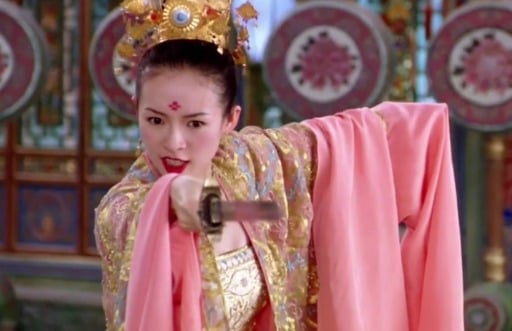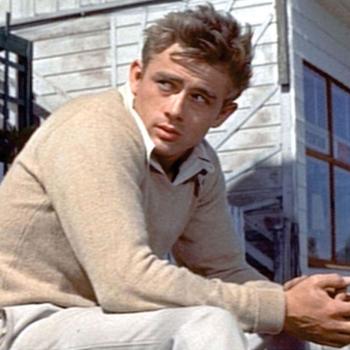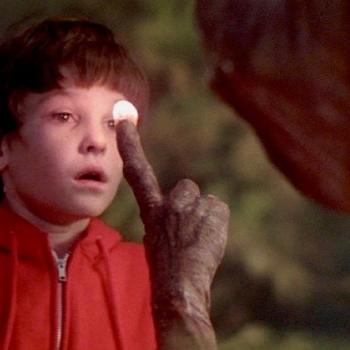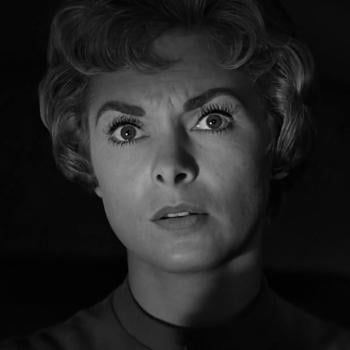
Let’s travel overseas for this week’s piece and look at Zhang Yamou’s operatic martial-arts epic, The House of Flying Daggers.
This film sees two agents of the military, Jin and Leo, circling a blind girl named Mei, who is believed to have deep ties to the House of Flying Daggers, an organization of rebels fighting against the corrupt government. Jin starts this whole mission, with Leo, as part of a plot to use Mei to infiltrate The House of Flying Daggers, but his agenda becomes complicated as he starts to reckon with his growing feelings for Mei.
The entirety of the movie has facades rising and falling, people proving that they aren’t what you thought they were. Right from the start, the delicate blind girl proves that she is not so helpless after all. This movie has some overlap with Charade, which sees Audrey Hepburn trying to navigate a high stakes situation in which her love interest may or may not be working with the enemy. In that same manner, this is a film in which allies and enemies are constantly revealing themselves until you’re not really sure who is on what side, or if there ever were sides to begin with.
Jin is kind of a chauvinist at the start. Mei even calls him a “playboy” early on. His new face is less him dropping any pretense and more him changing of his own volition as he starts to discover he can be invested in things other than his own self-interest. A major turning point in their relationship is when, after he abandons his old mission and after Mei goes off on her own, Jin chooses to go after her anyways, catching up to her just in time to save her life. He decides to help her partly because he is falling in love with her, but it’s also him starting to realize how surface level his own loyalties were to the power structures he used to serve. The moment a more compelling option came along, it was an easy transition.
The situation escalates when the masks come off and Jin discovers that he has also been subject to deceptions: Leo has not only been a spy for the House pretending to be a spy for the military, but he and Mei also actually have a romantic history and arranged this whole charade (this is also when we find out that Mei isn’t actually blind): Turns out, Jin was the vulnerable one, the guy who couldn’t perceive the reality of his situation.
And yet, the relationship Jin and Mei forged under these layers of pretense winds up being the more authentic. Jin and Mei mutually discover what it’s like to be invested in a person, not a cause. A cause can never love them back. Jin says to Mei late in the film that they are both effectively agents for faceless entities who don’t really care whether they live or die in their line of duty.
We are told The House is the champion of the little people, the people being oppressed by the government, but this is a very insular plot. We basically just follow these three players without any asides that track the plight of the commonfolk under the reign of the corrupt empire. We don’t really see a lot of the agents of The House working to like liberate the peasants or anything.
And so neither side feels like they are in any kind of moral right. They are just two parties on the opposite side of some issue, and Mei and Jin are just two pawns on opposite sides who discover they belong more to each other than to whatever side is sponsoring them. Their unlikely love transcends their political directive.
Because this love emerges in a world that does not reward truth or beauty, this love is not long for this world. But while it does persevere, these two get to experience something authentic. In that way, they still emerge one step ahead of everyone else.
.jpg?bwg=1547220997)











